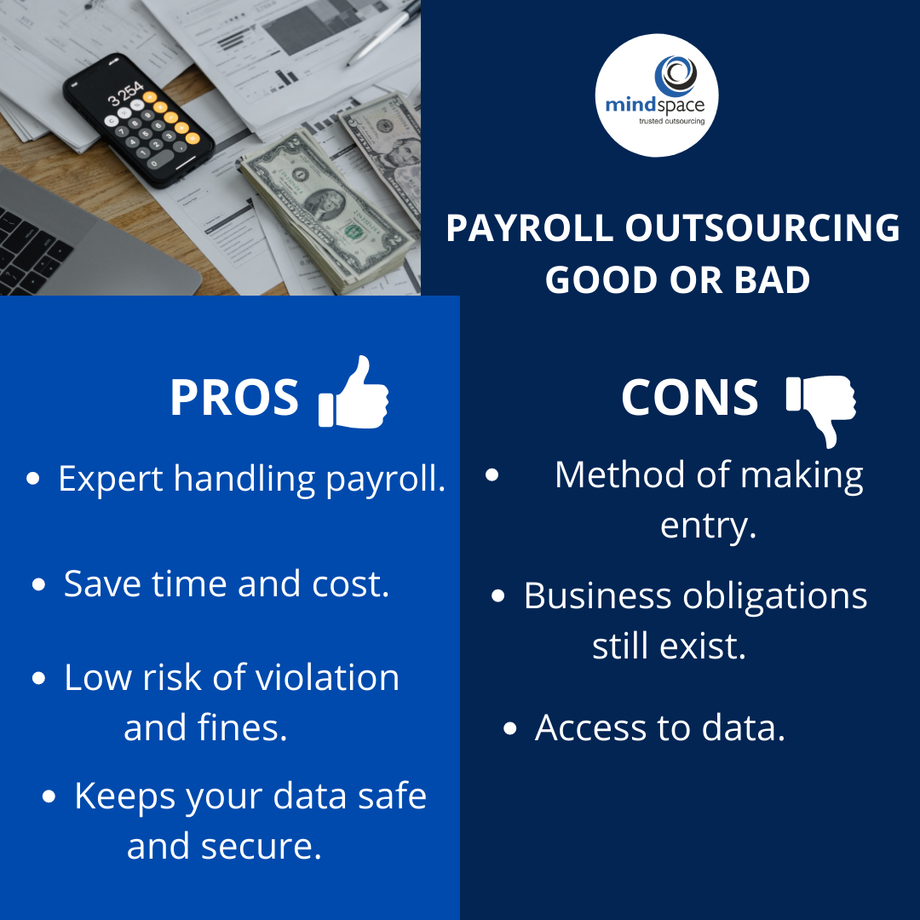What is the UK's system for Payroll Accounting?
To be honest, payroll accounting can be tedious and difficult. However, it is a crucial task that a business must take into account. Before you can comprehend how the UK system operates, you should have a fundamental understanding of payroll systems. Everything related to paying employees and filing employment taxes is included in payroll accounting. They are set up to keep track of the employee's earnings, working hours, and any other deductions like taxes or other withholdings. Payroll is typically handled by software, which only needs very little input from employers. Employers only need to enter the salaries and the number of hours worked; the program will calculate the results on its own.
The fundamentals of payroll accounting
The entire payroll procedure needs to be carefully planned out by the payroll administrator. The management of continuing tasks that demand attention, constant observation of modifications to contribution tax withholding, and other factors to take into account in this process are all ongoing tasks. Payroll is also the method by which businesses pay their employees. Its purpose is to take care of the employee's salaries, the financial records of the pay, and the procedure for paying any taxes due to the HMRC. In a nutshell, payroll is the entire process that manages the employee's pay and taxes. Pay as you go, a UK government program governed by the HMRC handles the actual payout of salaries and taxes.
How can you efficiently execute payroll each month?
From the sixth day of one month to the fifth day of the next is the attack month of January. Your company will need to take certain steps each tax month to guarantee that your payroll is accurate and also compiled. The payroll application would be used to carry out these tasks. If you don't already have payroll software, do some research and select one from the HMRC-approved software page.
- All employee payments, whether hourly or salaried, must first be documented.
- The best course of action would be to figure out all of the salary deductions, including National Insurance and income tax.
- You must figure out how much National Insurance an employer is required to pay. The fixed rate for an employee over the age of 21 is somewhere about 13.8%.
- Create the employees' pay stubs.
- Utilize the entire payment submission to notify HMRC of every pay deduction.
In just two days, you would receive a balance of what you owe to the HMRC in your online account. Unless you would wind up paying €1500 in a month, in which case you might apply to pay the quarterly payment, the payment would be required by the 22nd of every month. If you submit your paperwork incorrectly or after the deadline, you will be charged a penalty. If you do not want to employ PAYE, which distributes the share of the profits to all shareholders, you can pay the salary in dividends instead.


Comments
Post a Comment